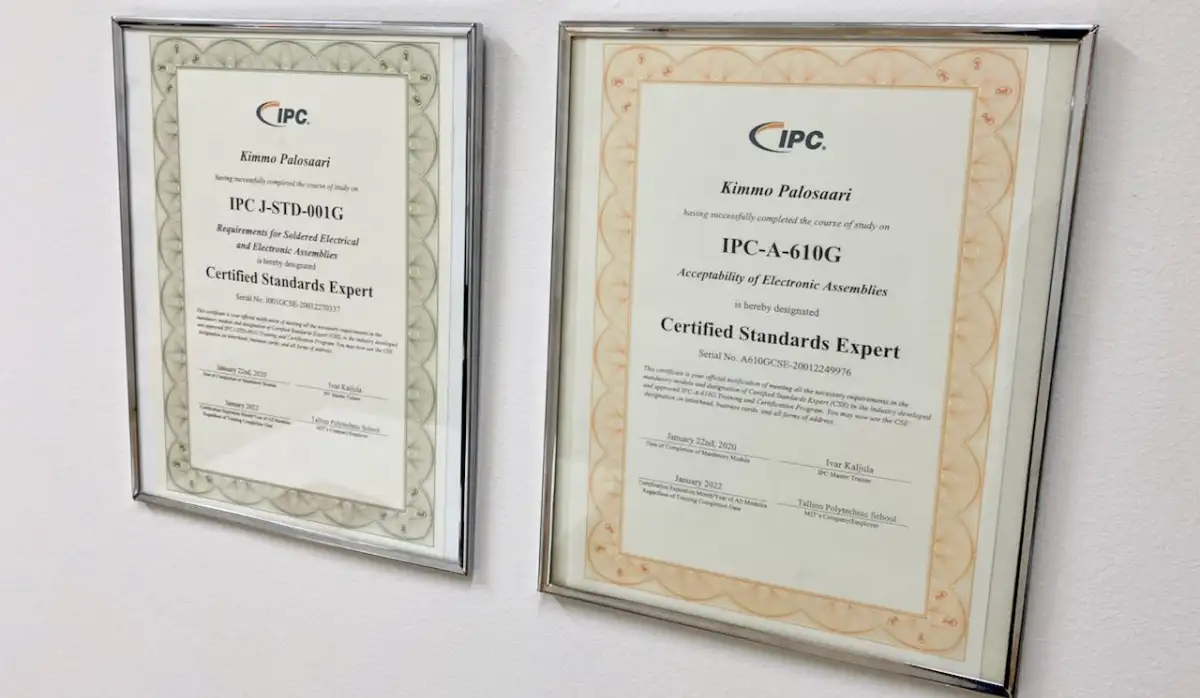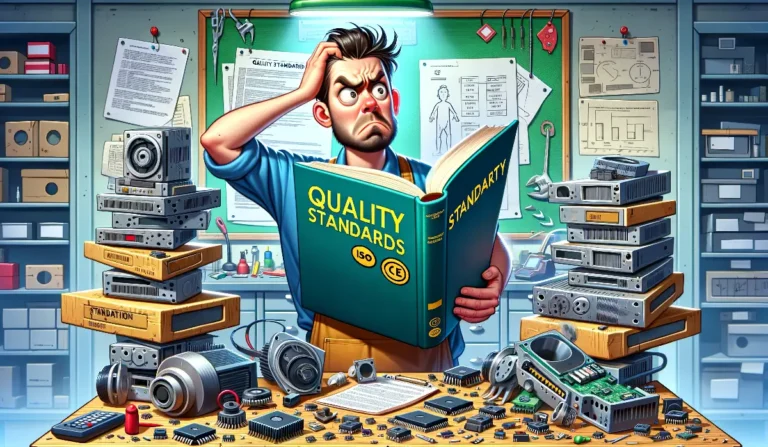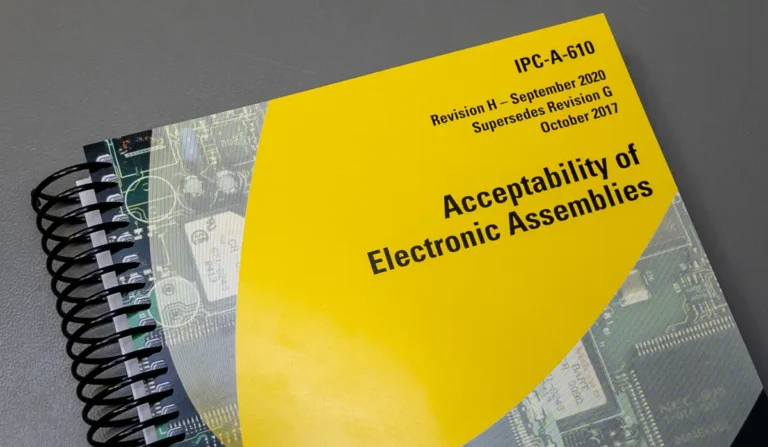Becoming an IPC Certified Standards Expert: A New Path for Electronics Professionals
Are you an electronics professional looking to enhance your expertise without the hassle of mandatory training certifications? The new IPC Certified Standards Expert (CSE) program might be the perfect solution for you. Traditionally, those seeking higher certification levels in IPC standards had to obtain the Certified IPC Trainer (CIT) certificate, even if they never intended to train others. The introduction of the CSE program marks a significant shift, offering a streamlined and cost-effective alternative.
The Evolution of IPC Certification
Previously, achieving a higher level of certification necessitated obtaining the CIT credential. This was a requirement even for roles that didn’t involve training, such as quality managers, engineers, designers, and production specialists. The CIT certification process includes acquiring expensive training materials and conducting at least one training session per year to maintain the certification. This often led to unnecessary expenses for companies, as the training materials were costly and the certification maintenance required additional resources.
Introducing the Certified Standards Expert (CSE)
The CSE certification offers the same high-level understanding of IPC standards as the CIT, but without the ability to train and certify other employees. This certification is ideal for professionals who need in-depth knowledge of IPC standards but do not need to conduct training sessions.
Available IPC Standards for CSE Certification
You can become certified in one or more of the following IPC standards:
- IPC-A-610: Acceptability of Electronic Assemblies
- J-STD-001: Requirements for Soldered Electrical and Electronic Assemblies
- IPC/WHMA-A-620: Requirements and Acceptance for Cable and Wire Harness Assemblies
- IPC-A-600: Acceptability of Printed Boards
- IPC-6012: Qualification and Performance Specification for Rigid Printed Boards
- IPC-7711/7721: Rework, Modification and Repair of Electronic Assemblies
Each CSE certification is specific to the version of the standard, ensuring you are certified for the most current requirements. For example, if you certify in IPC-A-610 version G, your certification will be recorded as IPC-A-610G.
The Cost-Effective Advantage
One of the main advantages of the CSE certification is its cost-effectiveness. For instance, the combined certification for IPC-A-610 and J-STD-001 as a CSE is approximately €500 less than obtaining the J-STD-001 CIT certification. This savings is significant, especially for professionals and companies looking to optimize their budget without compromising on expertise.
Advancing to Senior Standards Expert (SCSE)
For those aiming even higher, the Senior Standards Expert (SCSE) certification is available. To qualify, you must hold a CSE certification in at least three different standards and have a minimum of ten years of experience in the electronics industry, regularly working with IPC standards. The SCSE application process involves submitting an open letter from your employer detailing your work experience and role, along with a certification fee.
Why Choose CSE?
The CSE certification is designed to meet the growing demand for expert-level certification without the added costs and responsibilities of training others. It provides a viable pathway for electronics professionals to validate their knowledge and skills in IPC standards, enhancing their career prospects and contributing to their company’s success.







